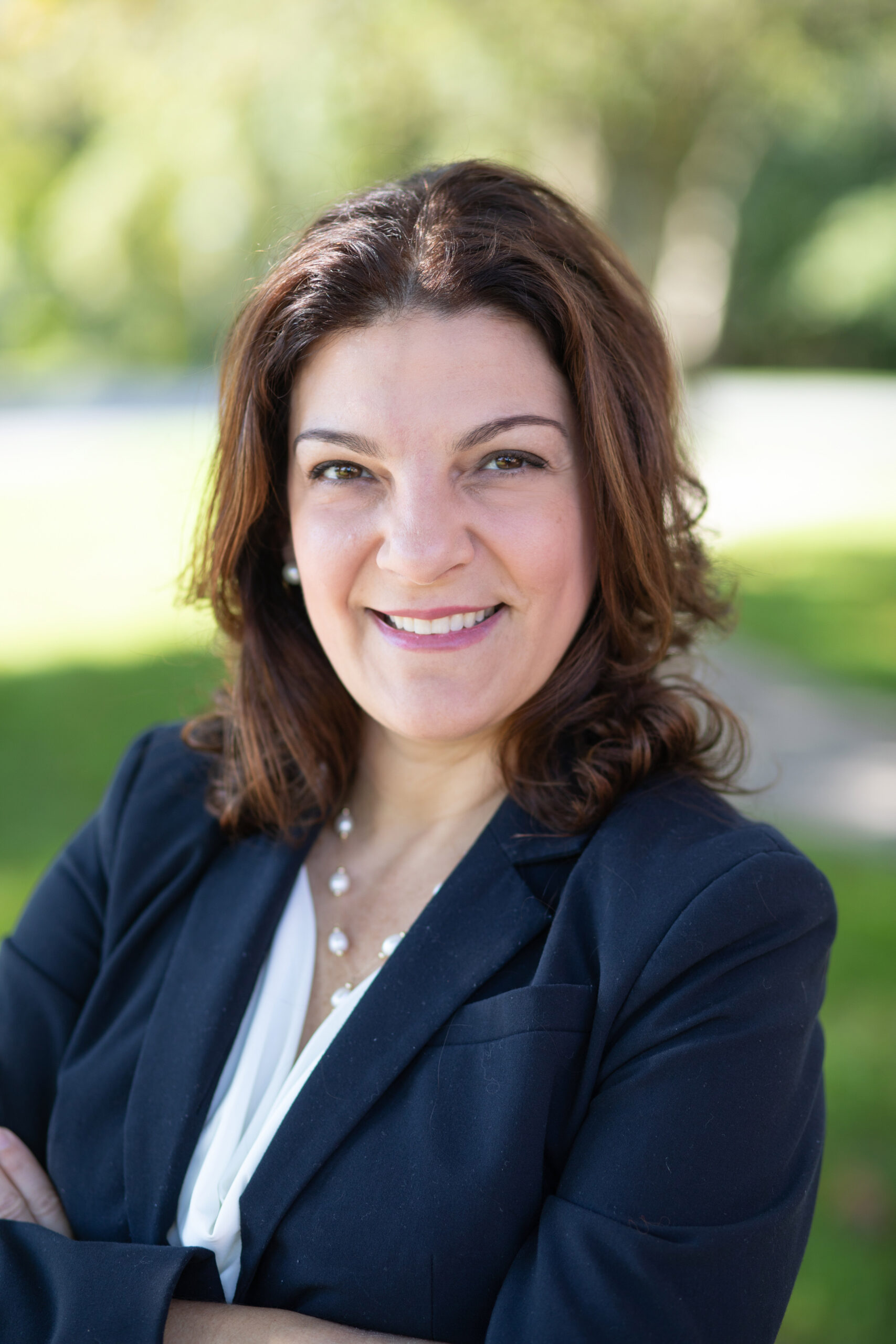Maria I. Kontaridis, Ph.D., to Head National Council for the American Heart Association

On Monday, July 1, 2024, Maria Kontaridis, Ph.D., became the chair of the American Heart Association’s Basic Cardiovascular Sciences (BCVS) Council. BCVS is one of the largest councils at the Association and one of the largest organizations in cardiovascular sciences globally, with about 5,000 members from more than 45 countries.
Its mission is to promote basic science research and education, with the goal of understanding the mechanisms of regulation of heart function, to allow for more effective, better targeted therapeutic strategies to treat cardiovascular diseases. The council places special emphasis on integrating molecular/cellular and physiological approaches to address problems in functional genomics, cell signaling, myocardial biology, circulatory physiology, pathophysiology and peripheral vascular disease.
The Leadership Committee actively participates in the publication of scientific statements or guidelines that are integral to our community; identifies and supports areas of cutting-edge research science; prioritizes initiatives that address social determinants of health to reduce disparities in cardiovascular outcomes; and plays a key role in planning the many conferences of the American Heart Association, especially the most important gathering of scientists in the cardiovascular field, Scientific Sessions. This year’s Sessions will take place in Chicago, where the Association will celebrate its 100th birthday.
Dr. Kontaridis has received several AHA research grants in her career and was the vice chair of the Leadership Committee from 2022 to 2024. She also joined the board of directors of the American Heart Association in the Mohawk Valley in July, 2024.
“I am deeply honored to serve as the BCVS Council Chair, to promote the mission and vision of the American Heart Association. I look forward to working with the council members and with my research colleagues across the country to find ways to reduce the incidence of heart disease and stroke, to help foster a healthier society and to support medical professionals in their quest for knowledge,” said Dr. Kontaridis.
Chase Kessinger, Ph.D.
Chase Kessinger, Ph.D.